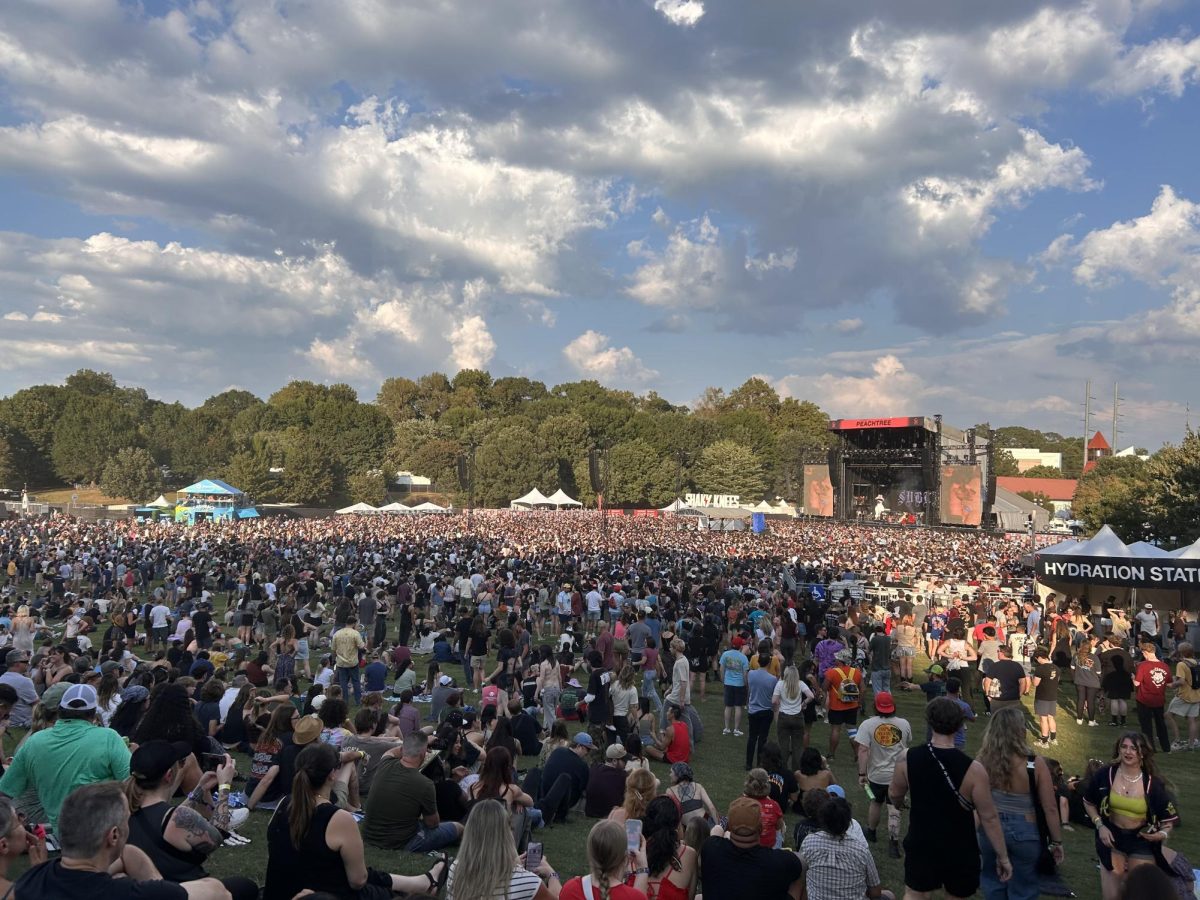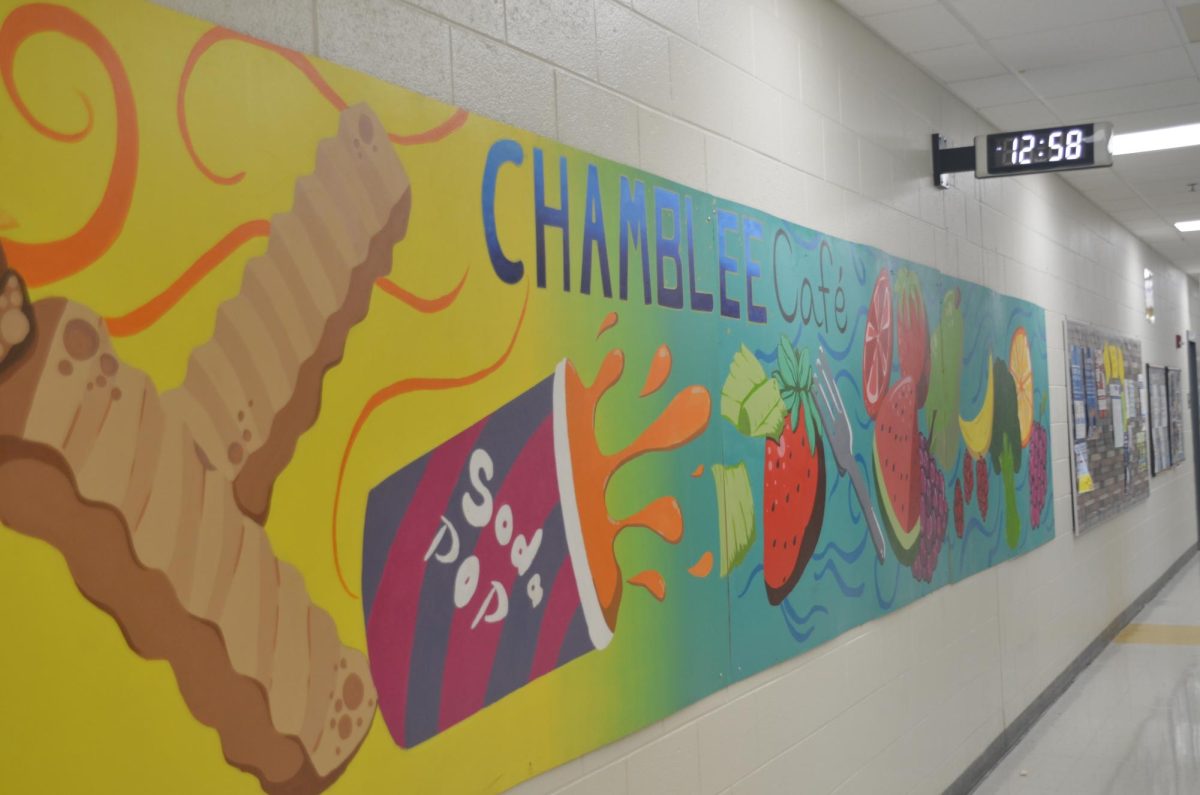Interview with AP Psychology Teacher and Libertarian Kurt Koeplin
March 13, 2010
From March 2010:
Q: For people who don’t know much about the Libertarian Party, what are some of the main ideas that it endorses?
A: Individual liberty above everything else. When you get down to it, it’s fiscal conservatism. We don’t want the government doing anything as long as we aren’t harming anyone else or their property. The government should be there for national defense and that’s about it.
Q: What do you think about Ron Paul?
A: He’s an interesting guy as far as people in the Libertarian party are concerned. But I’d like to see someone like Paul Ryan from Wisconsin, who I know is an up-and-comer in the GOP, but he started out as a Libertarian.
Q: What do you think the party needs to do to gain more power at all levels of government?
A: I think right now you’re seeing the closest they’ve ever come. A lot of the ideas coming out of the Tea party are Libertarian.
Q: How would you rate Obama’s first year in office?
A: I worry about the president and his supporters believing that there is no problem that they cannot fix for their citizens. They should stay out of everything; let us do things for ourselves.
Q: Some people think that Black History Month furthers racism, and some people think it is important for identity and cultural reasons. What’s your opinion on Black History Month?
A: I don’t have a problem with it at all. There are 11 other months spent studying those who made history, and they tend to be Caucasian or Western European, so I don’t begrudge any group from trying to grab a slice of the educational pie and further work to inspire the younger kids. I would like to see a day where there is no separate study this and that, but history is just history and we study it all.
Q: What is it like to become one of the only white coaches in the basketball program?
A: When I look around the DeKalb County meetings is when I really feel it. And it’s not a bad thing to be able to feel or emphasize with what minorities feel. I feel it as a minority here in Chamblee –there are more liberal educators at this school that outnumber the conservative educators.
Q: What do you think is going to be the downfall of our generation?
A: Irresponsibility – a vastly evaporating concept of individual responsibility. They are asking their mommies and daddies to fight their battles… while they’re in college! College professors are complaining of parents calling them and emailing them about their 21-year-old kid’s grades. Bosses in the real world are complaining of the younger generation as they arrive in the workplace as well. I think they have to be a little more self-reliant, and that goes back to my Libertarian roots.
Q: If you could reform Georgia’s education on any level, what would you do?
A: I like the idea of what Florida is doing where as soon as your child is born, money is placed into an account to fund college. I wonder if kids being born now will have the same opportunities I had, being able to make their own decisions. You know, maybe one day we won’t even need school buildings anymore; we’ll just learn from our homes. But we are so conditioned to be inside these four walls that it would take a lot for that to happen.
Q: Knowing that you incorporate music into your classes, what do you usually listen to on your way to school, or whenever?
A: I have very eclectic taste. Probably the only genre of music that I’m not into is country. My musical taste was fashioned along more urban lines, growing up in Milwaukee, but I virtually listen to everything.
Q: What’s the best concert you ever saw, working security at concerts?
A: Peter Gabriel, he had an outstanding stage show. I saw a really great 80s hair band, Triple Play, which was interesting. You also have to put up with all the crap too. I had to watch a few Menudo shows, eight or nine Neil Diamond shows, and Jimmy Buffet.
Q: What are some other past jobs you’ve had other than working security at concerts?
A: I worked at a funeral home, for UPS, managed a liquor store, and had a paper route when I was a kid.
Q: How did you end up in psychology?
A: I was always interested in the complexities of the human mind. The greatest benefit of studying psychology is knowing how others are going to react and feel given the environment or my actions.









